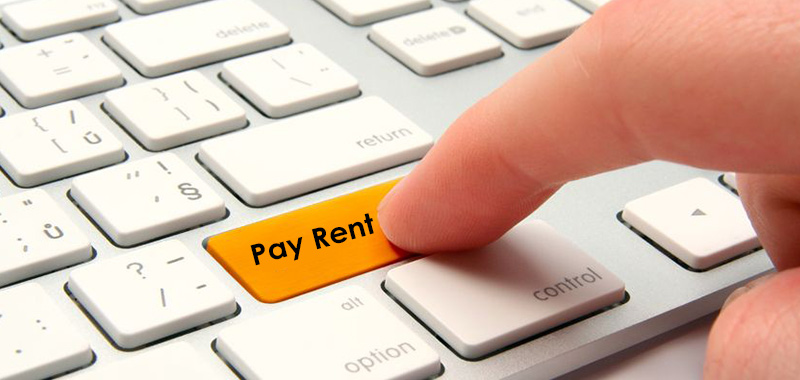How to protect your tenant’s sensitive information
 The massive Equifax data breach of 2017 revealed that identity thieves are constantly updating the methods they use to steal sensitive information—and they’re getting better.
The massive Equifax data breach of 2017 revealed that identity thieves are constantly updating the methods they use to steal sensitive information—and they’re getting better.
That should concern any landlord or property manager who collects personal data. Keeping credit card and Social Security numbers out of the hands of thieves calls for advanced IT skills beyond the scope of many property owners and managers. It’s one reason you should consider working with third-party online property management agencies.
1. Use firewalls and passwords
Storing the data you get from tenants in an unprotected file on your computer is like leaving a large sum of money on the hood of your car while you go shopping. If someone doesn’t steal it, you’re having a very good day.
Tenants and potential tenants shouldn’t have to rely on luck. At the very least, you need to enable a firewall on your computer to protect their data.
By itself, however, even that won’t necessarily keep out a determined hacker. You can add a second level of protection by using only a password-protected Wi-Fi connection, but this may mean keeping a second laptop for use in coffee shops and other public places.
2. Understand the malware factor
Hackers continue to devise new ways to lure you to fake sites and persuade you to click on links that download malware onto your computer. Once their software is past your firewall, only your anti-malware software stands between it and the sensitive information you’re storing. Keep your anti-malware software up-to-date. But even if you do that, there’s no guarantee that hackers aren’t one step ahead of you.
To show how easy it is to lure viewers, software engineer Nick Sweeting created a copycat Equifax site after the data breach. It was so convincing that some Equifax employees were fooled into navigating to it. They were “Rickrolled” (re-directed to a video of Rick Astley singing “Never Gonna Give You Up”) when they clicked on one of the tabs—a favorite internet prank. The stunt underlined the disturbing fact that fake sites can persuade viewers to click through. Those that do could potentially download malware without ever being aware of it.
3. Call the pros
It’s better to hire a lawyer than trying to represent yourself in court. In the same way, you can manage your own files, but it’s better to use an online property management system, the most reliable way to avoid having your data compromised. For example, Cozy protects you in these ways:
- Transmits data using only the secure HTTPS protocol
- Limits the amount of data it stores (Cozy never stores the results of background checks or credit card numbers.)
- Encrypts all data it stores on secure servers
- Submits to regular audits by third-party firms to ensure security
Cozy also only shares information with trusted third parties as required to provide services, prevent fraud, or satisfy legal requirements. All this security comes with an easy-to-use interface.
4. Go it alone
Property management companies charge a fee for the services they provide. If your budget won’t accommodate that, and you choose to store data yourself, you may find the following tips helpful:
- Access data only when using a secure, password-protected Wi-Fi network.
- Install high-quality anti-malware software, and set it to update automatically whenever an update becomes available. Set up a firewall.
- Set up two-stage authentication. For example, have a verification code sent to your mobile phone whenever you log into your computer.
- Avoid storing credit card and Social Security numbers. If you must keep them, store the numbers separately from the corresponding names and addresses. This may involve establishing a system to link them, which you should keep in yet another location.
- Activate a tracking/recovery system, such as Lojack or Find My iPhone. This gives you and law enforcement officials a better chance of recovering your computer if it gets lost or stolen.
5. Take privacy seriously
Landlords must provide a safe and secure place for their tenants to live, and they have a responsibility to protect any sensitive information they collect. The consequences of identity theft can be as devastating as a physical accident. If investigators trace the theft to negligence on the part of a landlord, they could be liable. If you don’t have the time or skill to keep data safe, companies like Cozy can help.


 Planning a large remodel? Needing someone to make an emergency repair? Looking to complete the support team for your rental business? If so, you’ll have many contractor options, but choose wisely.
Planning a large remodel? Needing someone to make an emergency repair? Looking to complete the support team for your rental business? If so, you’ll have many contractor options, but choose wisely. We’re excited to announce that now you can share documents, lease agreements, move-in checklists, and more with your tenants in Cozy!
We’re excited to announce that now you can share documents, lease agreements, move-in checklists, and more with your tenants in Cozy!









